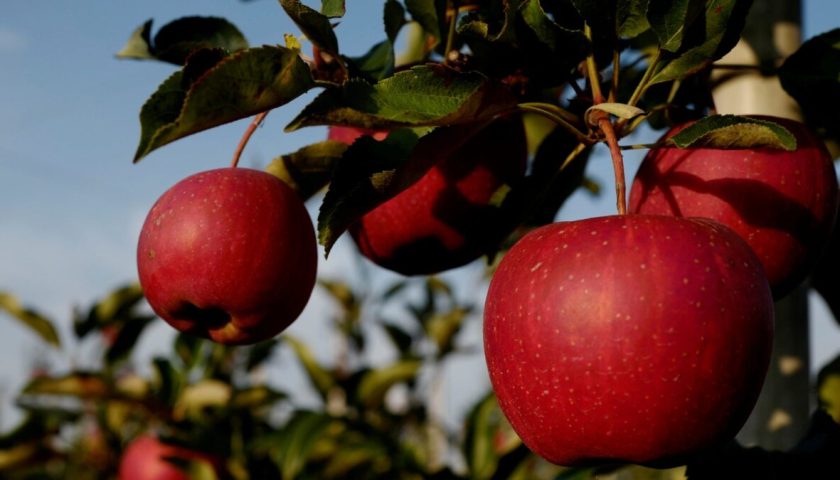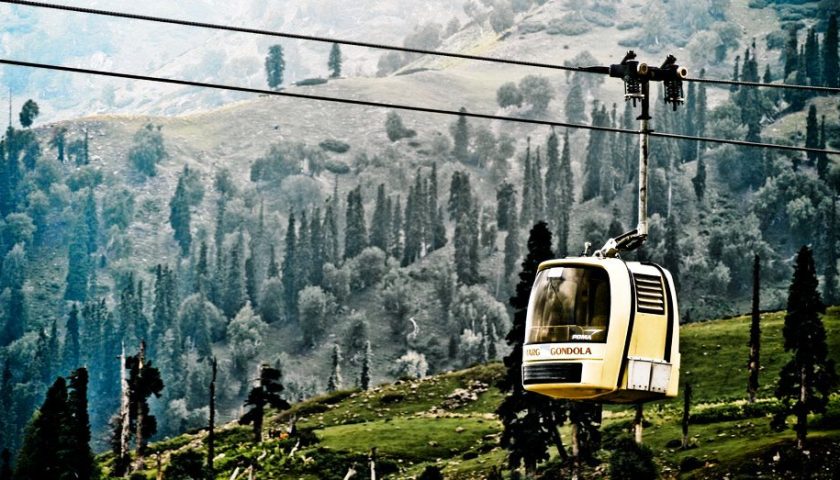The implementation of the Goods and Services Tax (GST) has not gone down well with the businessmen in Kashmir who are seeking its roll back in the present form.
They complained that their concerns were never considered by the state and the central government before its extension to JK which, they said, has affected their already fledgling business.
Kashmir Chamber of Commerce and Industries (KCCI) president, Javed Tenga said GST implementation in Jammu and Kashmir was not a “well-thought-out” and not good for state’s economy.
“It was implemented here in haste in an unorganized manner and still clarifications are being made,” he said.
“We had raised concerns before its implementation. Those fears have come true as the state has not become stable fiscally and businesses are down,” KCCI president added.
Tenga said some sectors like handicrafts have been affected “with taxation on branch to branch transfers also and our capitals have been blocked”.
He said KCCI maintains its position on its roll back.
“Our trade and industry has mostly come to standstill by the hurried implementation of GST,” he added.
Referring to the ramifications of GST implementation, Tenga said: “It has eroded whatever autonomy was left with us. All our businesses have been badly affected by GST.”
He referred to the impact of GST on handicrafts sector.
He said the traders used to buy Kashmiri handicrafts and sold them at their respective outlets.
“It has 12% GST due to which our traders have stopped to buy handicrafts. They don’t want to pay GST in advance. They don’t know when will would be able to sell it. Our product is a very high-end which has affected this industry,” said Tenga. “Besides we don’t receive any national or international buyers for handicrafts,” he said.
Kashmir Traders and Manufacturers Federation (KTMF) President, Yasin Khan referred to the apprehensions regarding the political status of Jammu and Kashmir.
“We protested against the implementation of GST in Jammu and Kashmir because of its special status. We never believed in One Tax One India. On one hand, we say Jammu and Kashmir is a disputed territory and then how come One Tax One India is possible here,” he said.
Khan also believes that GST has badly affected businesses in Kashmir.
“We have to go to Government of India as far as taxation is concerned. State government can’t increase or decrease. State government has to go to GST council and plead for concessions,” he added.
Khan belied that claims made by finance minister, Haseeb Drabu that Jammu and Kashmir has benefited from GST.
“I don’t think that Jammu and Kashmir has so far been benefited by GST as stated by the finance minister. We have not been benefited by a single penny for last six months.”
Reiterating demand for its rollback, he said “We will never agree about anything which will erode our fiscal autonomy and special position.”
Associated Chamber of Commerce and Industries-Kashmir President (CCIK), Zahoor Tramboo also reiterated his stand on roll back of GST.
“We pleaded with the government not to bring this GST in this form to Kashmir. We had suggested to having our own GST and we were promised nothing will be enforced without our consultation and our inputs,” said Tramboo.
He said GST was implemented in haste whereby the fiscal autonomy of Kashmir was compromised.
“We expressed our concerns but it fell on deaf ears,” said Tramboo.
He said GST in its present form should be rolled back and Jammu and Kashmir must be declared as free economic zone.
“GST has not benefited J&K. Economy is in shambles and GST has played a large role in that,” said Trumboo.
Travel Agents Association of Kashmir(TAAK) president, Ashfaq Sidiq expressed concerns for tourism industry.
“Tourism stakeholders have their concerns because of the circumstances from last couple of years,” said Sidiq.
He said that the hospitality sector was not covered by GST.
“Normally tax was charged for food but as far as accommodation and transportation sector or allied services are concerned they were not under purview of any tax as such.”
“But this segment has also come under tax regime. For hotel accommodation, rate of GST varies between 12% to 18% and maximum upto 28%, depending upon the tariff the hotel is charging. As far as food is concerned, it was around 12% and 18% but now recently they have reduced it to flat 5%,” said Siddiq.
He said in air ticketing there is a gap of 5% on economy travel and 12% on business travel “which earlier wasn’t there so has obviously GST has pushed the costs on higher side”.
He said GST has affected tourism which has been on the downfall.
He said given the present scenario, tax holidays for a year or two for travel and hospitality sector can boost tourism.
GST not viable for J&K’s economy: KCCI






